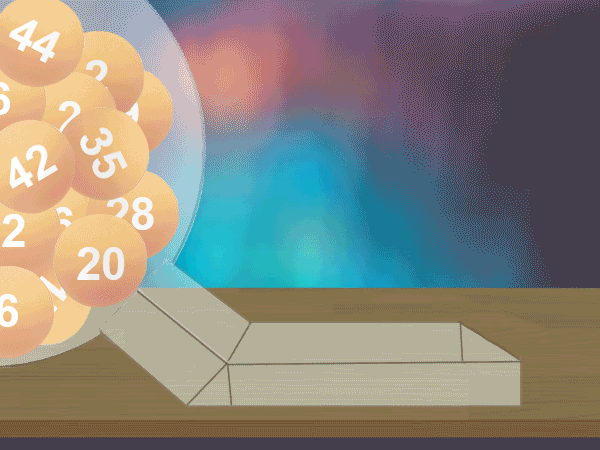
The lottery is a game in which tickets are sold for chances to win a prize, typically money. Winners are chosen in a random drawing, and the results cannot be influenced by skill or strategy. A state may run its own lottery, or it may license a private company to conduct the drawing and pay out prizes. In some cases, the winnings are paid in a lump sum, while in others they are paid over time as an annuity (the choice is usually made based on state rules and the lottery company’s offering).
The first recorded lotteries to offer tickets for sale and prizes of money appeared in the Low Countries in the 15th century. These early lotteries were used to raise funds for town fortifications and charity. In the 17th and 18th centuries, they were often used to fund colonial government and public projects. During the Revolutionary War, Alexander Hamilton warned against making taxes too complicated because they would be perceived as a kind of hidden lottery.
In a figurative sense, lottery can refer to any situation that is decided by chance: Life’s a lottery. (See the Usage Note below for more.)
The word is also frequently used as a synonym for gambling. In this context, people seem to be driven by the same impulse that drives them to play the real thing: an insatiable desire for wealth that may or may not lead to a big payout.